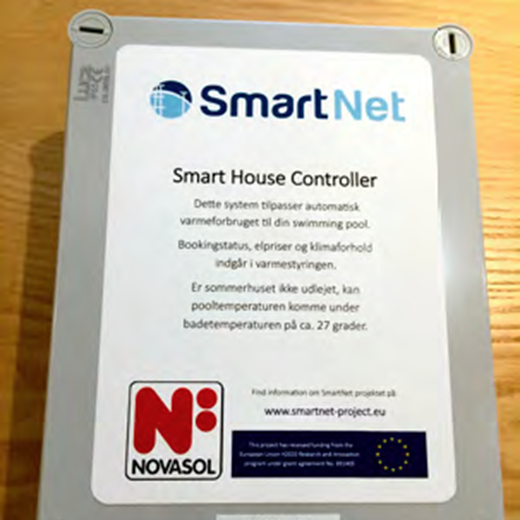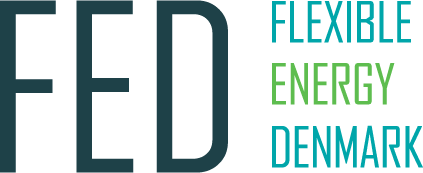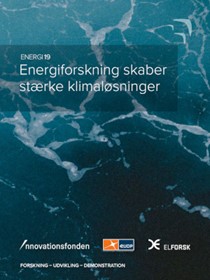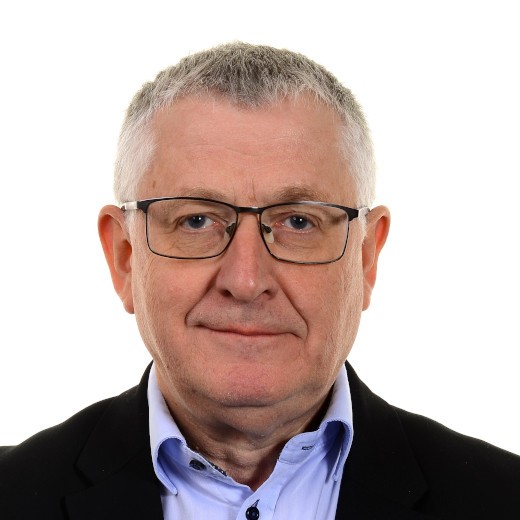Published 24. Oct. 2019
Smart control of virtual batteries strengthens the energy system
For the next few years, vacation homes with swimming pools in Blåvand (Western Jutland), heat pumps in single-family houses in Føns near Middelfart (Southern Jutland) and schools in Høje Taastrup (Zealand) will be used as demo areas in order to show how flexible energy consumption can make the electricity grid robust and ready for more wind and solar power.
This happens as part of the 4-year project, Flexible Energy Denmark (FED), which is supported by Innovation Fund Denmark.
The managing director of the utility company EWII, Lars Bonderup Bjørn, chairman of the steering committee in FED, sees flexible consumption as a ‘virtual battery’ that may benefit both the electricity grid and society in general.
- Flexible consumption can ensure optimum utilization of wind and solar power on our way towards reaching a 100-percent green energy supply, says Lars Bonderup Bjørn. He hopes that the FED project will also provide knowledge on business models related to flexible consumption.
DTU (Technical University of Denmark) is one of the four universities behind the FED project:
- Vacation homes, schools, heat pumps in homes and district-heating systems are just some of the possibilities we have for creating the flexible energy consumption that is a prerequisite of creating a green energy system in Denmark, says Professor Henrik Madsen from DTU Compute.
To Henrik Madsen, the recipe is clear:
- We need much more green electricity
- We need to turn a significant part of the energy consumption flexible
- We need to expand the electrification of society
- Everyone needs to use green electricity, Henrik Madsen states.
Facts
The article was published in ENERGI19: Energy research creates strong climate change solutions, published by Innovation Fund Denmark, EUDP, and ELFORSK.
Text: Jesper Tornbjerg, Danish Energy (Dansk Energi)

As part of the green transition, solar cells and wind turbines now cover what amounts to just about half of the Danish energy consumption. Several new renewable-energy plants are underway, which paves the way for a climate-friendly electrification of society.
According to Lars Bonderup Bjørn, it is important for EWII as a business to gain more knowledge, “which will allow us to make the right decisions”.
This calls for a balance between consumption and production in the electrical system from one second to the next, one minute to the next and one hour to the next, which means that there is a need for communication between many different types of electrical instruments as well as smart control closer and closer to real time. Without this control over parts of the consumption, the production side of things risk investing in considerable excess capacity.
In the FED project, researchers from four universities join forces in trying to find solutions that will enable the electricity grid of the future to offer a security of supply ranking amongst the best in the world – with minimal investments.
Theoretical knowledge concerning artificial intelligence and Big Data from DTU, Aalborg University, SDU, and Aarhus University is combined in the FED project with practical experience from EWII and several other private businesses and municipalities. In total, 24 parties participate in the project.
FED is the first major research project established at the national research center; Center Denmark, that was announced in October 2018.
Photo: NOVASOL


